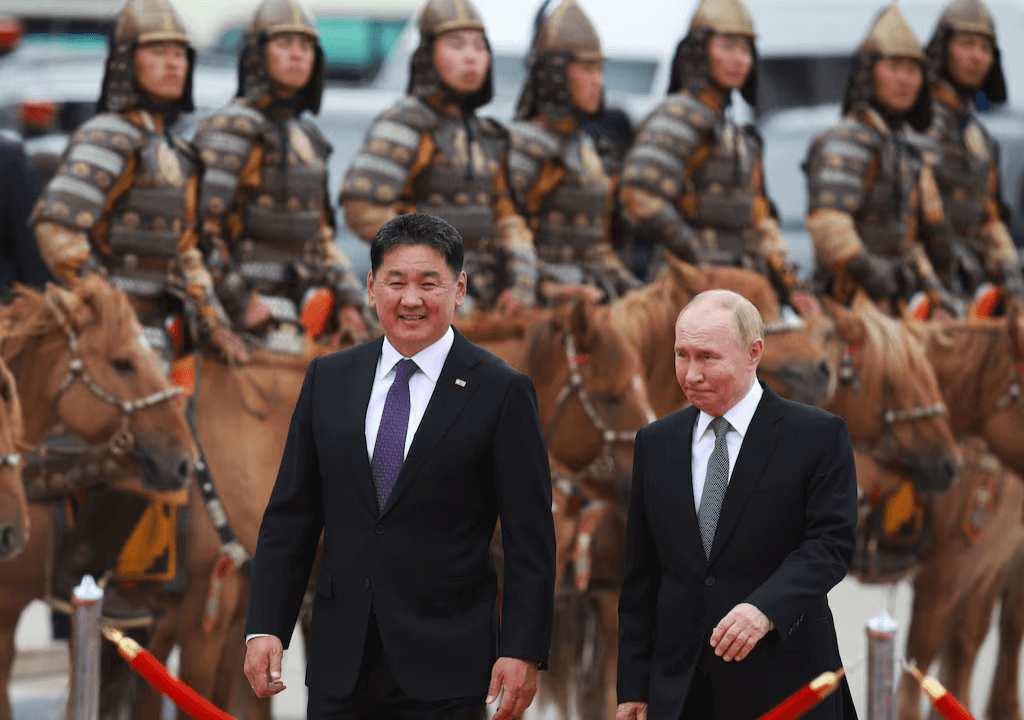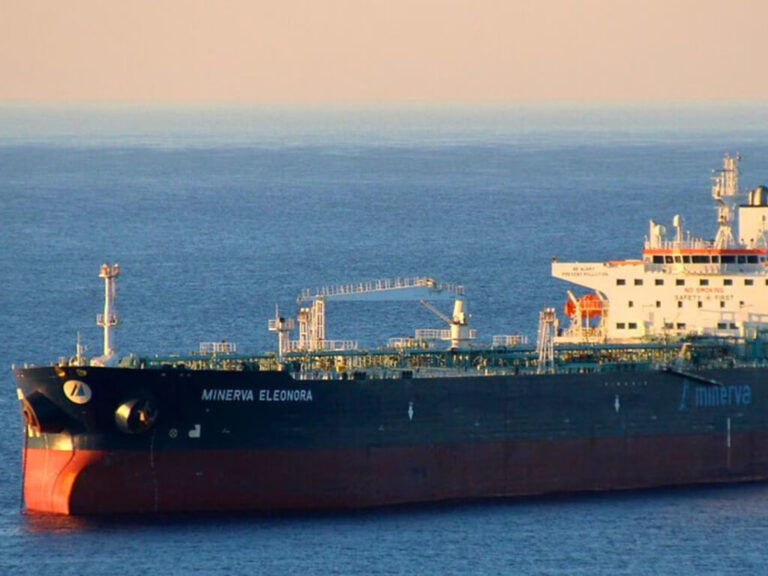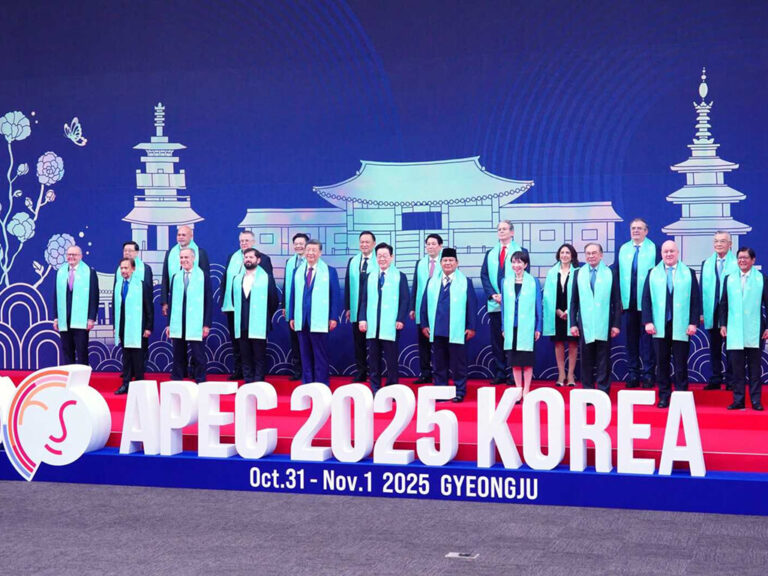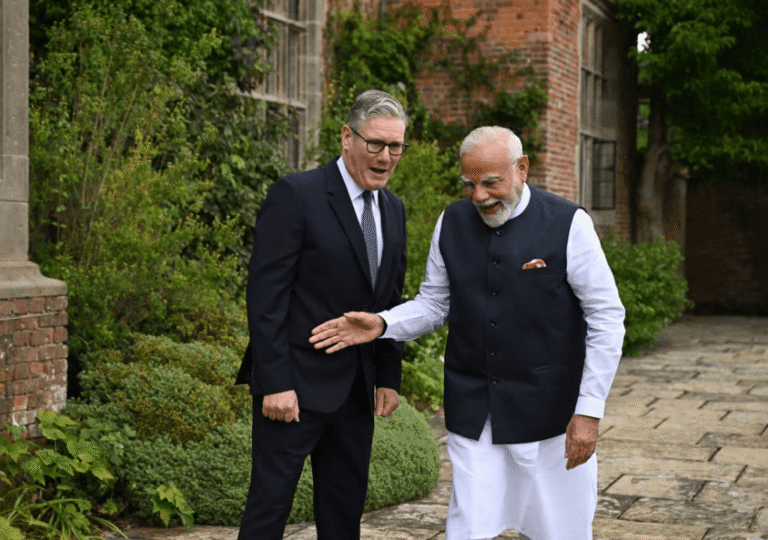Mongolia, located between Russia and China – two major adversaries of the West – maintains good relations with Western nations and Japan and is a member of several international organizations that Russia and China oppose. Although often overlooked by global media, Mongolia attracted significant attention when Russian President Vladimir Putin chose to visit. Such a visit might normally be overlooked due to their extensive cooperation and Mongolia’s high reliance on Russia. However, the visit gained prominence because Mongolia is one of the few Asian members of the International Criminal Court, which has issued an arrest warrant for Putin and calls for his detention.
Vladimir Putin received a warm reception on Tuesday during his state visit to Mongolia. He engaged in discussions with President Ukhnaagiin Khürelsükh, a influential political figure who has previously served as Prime Minister and chairman of the ruling Mongolian People’s Party. Upon his arrival in Ulaanbaatar, Putin was greeted by an honor guard, including some on horseback, wearing traditional uniforms reminiscent of those worn by Genghis Khan, the legendary 13th-century Mongol ruler. President Khürelsükh praised the visit, and Putin noted that the relationship between the two countries is progressing across all areas. The visit was expected to focus on energy cooperation, as Mongolia lies along the planned route of a Russian pipeline designed to transport 50 billion cubic meters of natural gas annually from Russia’s Yamal region to China.
The International Criminal Court (ICC) – the sole permanent tribunal entrusted with prosecuting individuals for crimes of genocide, war crimes, crimes against humanity, and aggression – issued an arrest warrant for President Vladimir Putin last year, holding him accountable for his actions in Ukraine. This warrant, a formal directive to the ICC’s 124 member states, including Mongolia, mandates that they apprehend Putin and transport him to The Hague should he set foot within their borders. As Putin prepared for his visit to Ulaanbaatar, the capital of Mongolia, Ukraine, alongside leading human rights organizations, urged the Mongolian authorities to detain him upon arrival. Yet, Mongolia’s deep-seated dependence on Russia for nearly all of its petroleum and its hesitance to criticize Moscow’s invasion into Ukraine cast doubt on the likelihood of any such action.
Mongolia’s choices are limited by its geographic constraints and its borders with only China and Russia, making its economy, military, security, and political landscape heavily reliant on these two giants. Lacking seaports, Mongolia depends on road and rail connections to Russia and China, and any disruption in these links could precipitate economic turmoil and severe daily hardships. Historically shaped by Sino-Russian tensions, the sparsely populated nation has long acted as a buffer zone between these two powers. Should Mongolia choose to comply with international rulings and attempt to detain or arrest Putin, it risks retaliation from Russia and intensified pressure from China. Furthermore, aligning with other international actors, such as Japan, might provoke a significant backlash from both Russia and China, potentially leading to grave consequences for Mongolia. Thus, in navigating these treacherous waters, Mongolia may well opt to align with Russia, particularly in light of the already diminished authority of the International Criminal Court.
Mongolia, endowed with mineral wealth and cultivating stronger ties with global powers, risks losing momentum through its current actions. Yet, aside from Ukraine, global attention on the conflict and associated sanctions remains relatively muted. Nations such as India, Kazakhstan, and the UAE – each maintaining cordial relations with Russia and Putin while pursuing substantial business engagements with the West – exemplify this broader trend. Mongolia can follow this precedent. Despite significant criticism from both the West and Ukraine, it remains impractical for this landlocked country, nestled between Russia and China and heavily dependent on Russia, to oppose Moscow or obstruct Putin.








